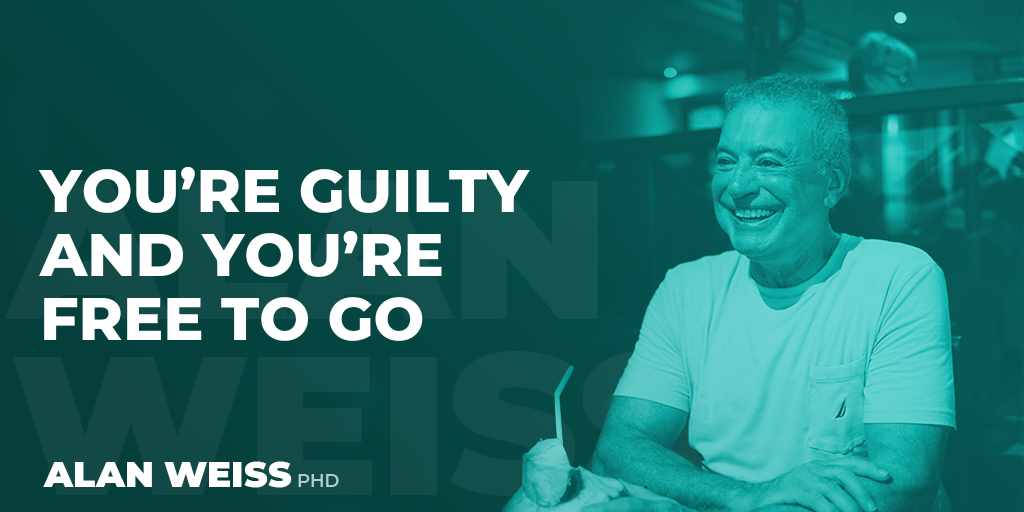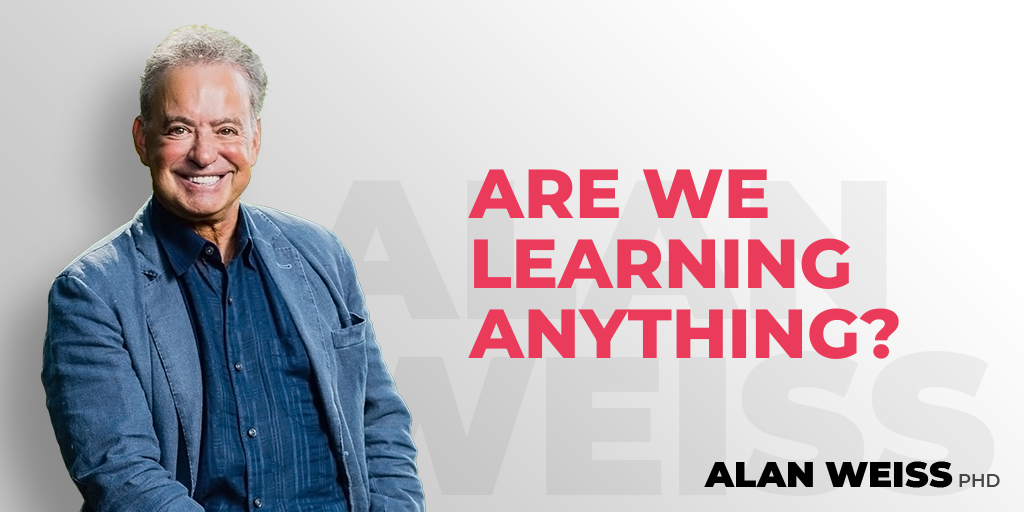LCD Disease
We seem to be stuck in a world of the Lowest Common Denominator.
There is an effort today, that ebbs and flows, to “simplify” spelling so that “thru” for “through” and “ruff” for “rough” would be acceptable. It is said that this derived from the efficiency of text messaging. And many claim that English is so irrational.
Well, try to conjugate an irregular Spanish verb. Or check the declension of some French nouns and adjectives. But, then again, there is no need to do that since language requirements have been dropped in universities from liberal arts programs (and just about everything else). I had to read L’Étranger by Camus in the original. It was tough. I whined. No one cared.
In the interests of “self-esteem” we give everyone a chance, whether they merit it or not. We don’t want to honor the best of the best and many schools have ditched the valedictory, merit scholars, and class rankings. When I taught in the graduate school of business at the University of Rhode Island I was told flat out, “We give everyone an “A” or a “B.” (I ignored that stricture immediately.)
Low or no barriers of entry create LCD disease. Just because you can publish on a web site or blog doesn’t mean you have anything interesting to say. Just because you call yourself a coach doesn’t mean you have any ability to improve anyone’s condition. A self-published book or a purchased cable show makes you neither an author nor a talk show host. It just makes you someone who has spent money.
Imagine a football team which gives everyone who needs a self-esteem boost a shot at quarterback, or a musical production that allows anyone craving it a lead role, or a business which enables anyone to direct the sales effort, despite lack of track record, credentials, or talent?
This is a competitive world. Everyone deserves a common starting line and a level playing field, but they don’t deserve a guaranteed winning finish. That is earned on merit, work, and smarts. (Is there sometimes bias and politics? Yes. But not as often as professional victims would have us believe. Talent outs.)
Not all opinions are equal, sorry, because they are not based on the same experiential level, talents, intelligence, and success. There is more advice going around these days, thanks to a proliferation of media, than there is success. It’s become a Warholian universe.
Don’t be afraid to stand out in the crowd. Don’t hesitate to engage in healthy competition. Don’t be fearful of “winning.”
Someone else’s self-esteem may well be damaged because you deservedly “won” and they, deservedly, “lost.” That’s okay. That’s their problem. And it’s deeper and requiring of more help than you can provide by pandering to it. But the worst thing to do is enable it by supporting such corrupt thinking.
Don’t be pulled down by the LCD. The only thing down there are the bones of dead animals and the ghosts of bad ideas.
© Alan Weiss 2008. All rights reserved.







Danielle Keister
I really appreciate this post today, Alan.
I run a professional association in addition to my Virtual Assistance practice, which you will find here: http://www.virtualassistantnetworking.com
Lately, I have been taking a severe beating. I believe in the same things down to every last letter written in your post, and that’s exactly how our admissions are processed. New members must submit an essay with very specific instructions. We’re looking for critical thinking, ability to pay attention and follow directions, technical details and some relative display of intelligence. Our mission is to attract, nurture and represent only the top level of our industry. We care about the quality of VAs we help clients connect with.
Now to my mind, this is a very simple step and we deny no one membership as long as this simple, basic demonstration of professional competence is provided.
Now, let me tell you, we get people who can barely spell their own name, much follow simple instructions.
And yet I get raked over the coals for being “exclusionary” and “elitist.” We aren’t looking to exclude anyone–we simply expect a base level of competence. We’re just not going to represent anyone who can’t do that.
And here I am a woman, but I have to say this, it is women who are the biggest perpetrators of this mentality. There’s this great big mommyhood on the Internet who thinks everyone should get a turn–no matter what.
Sure, everyone can get a turn… as long as they can stand on their own two feet, pull their own weight, shown some skill and intelligence and for God’s sake, don’t think everything is supposed to be handed to them on a silver platter with absolutely no effort or skill on their part.
I’m so sick to death of our society’s growing sense of self-entitlement.
Josh Klein
You might be interested in “Great Books” by David Denby. Denby attended Columbia University in 1961, where he took the two core curriculum classes in the Western canon. 30 years later, he retook the same classes and wrote about the experience. As the courses cover Homer to Virgil, Hobbes to Locke, and Marx to Rousseau, it is dominated by “dead white men”. Like most elite liberal arts schools, the Western canon as “core curriculum” was under attack. “Great Books” answers the question of whether there is such a thing as a great book, transcending the context in which it was created. His answer is a resounding “yes”.
The book is provocative, and a difficult and engaging read.
I find the book useful when considering the topic of lowest common denominator. In a meritocracy, we care about results. It is the unfortunate case that the playing field isn’t level, in literature or business, nor is there a common starting point. We should take all steps possible to reach that state, but when you seek greatness, why should the context in which it arises diminish it?